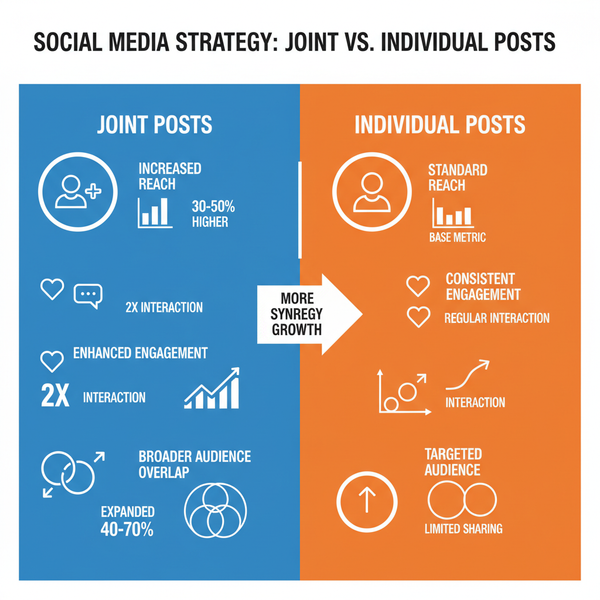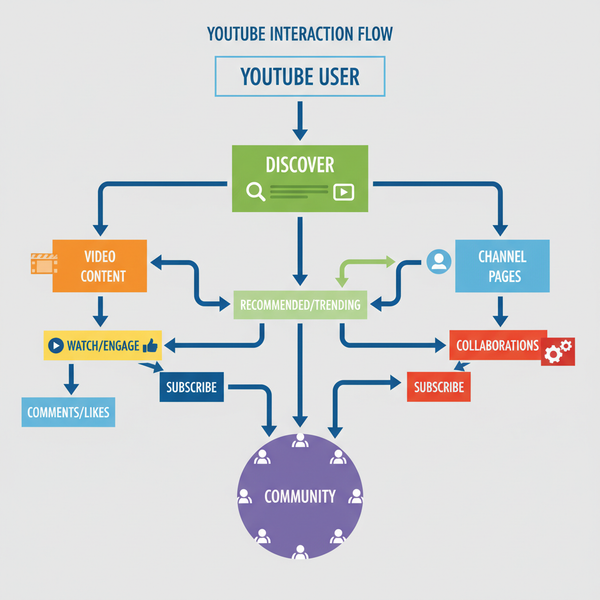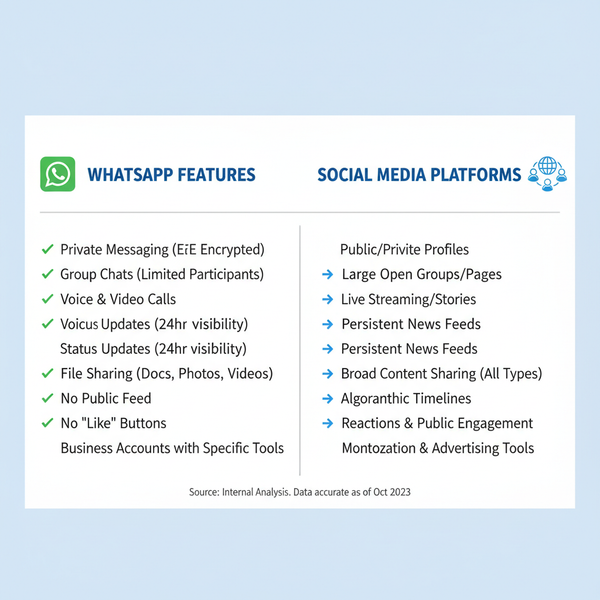LinkedIn Post Limits Explained with Tips to Boost Reach
Learn LinkedIn post limits for text, media, and hashtags, plus actionable tips to stay compliant and boost reach without hurting engagement.
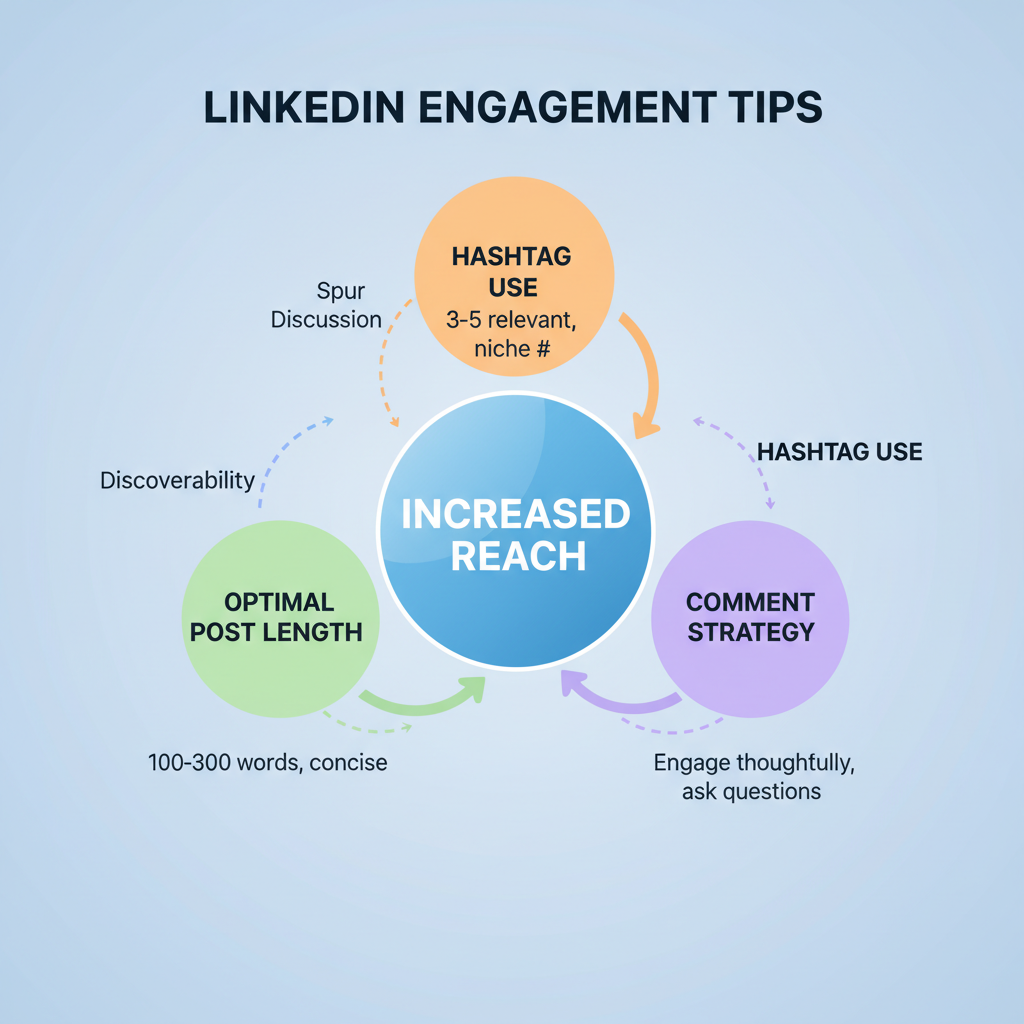
LinkedIn Post Limits Explained — How to Maximize Engagement Without Crossing Boundaries
LinkedIn is a powerful platform for professional networking and content marketing, but it comes with specific post limits designed to protect quality and user experience. Understanding these rules—such as character counts, media size restrictions, and hashtag caps—can help you stay compliant while optimizing your reach. This guide explains all LinkedIn post limits in detail, why they exist, and how to craft strategies to work within them for better engagement.

---
What Are LinkedIn Post Limits?
LinkedIn post limits refer to defined boundaries on publishing frequency, text length, and media specifications within certain timeframes. Common categories include:
- Daily/Monthly Posting Caps – Maximum posts allowed in a given time period before restrictions.
- Character Limits – Upper bounds for posts, articles, comments, and headlines.
- File Size & Duration – Restrictions for images, videos, and documents.
These limits encourage creators to focus on quality over quantity—improving both user experience and content discoverability.
---
Current LinkedIn Character and Media Size Limits
LinkedIn’s text and file sizes must be respected to ensure successful uploads and optimal feed presentation.
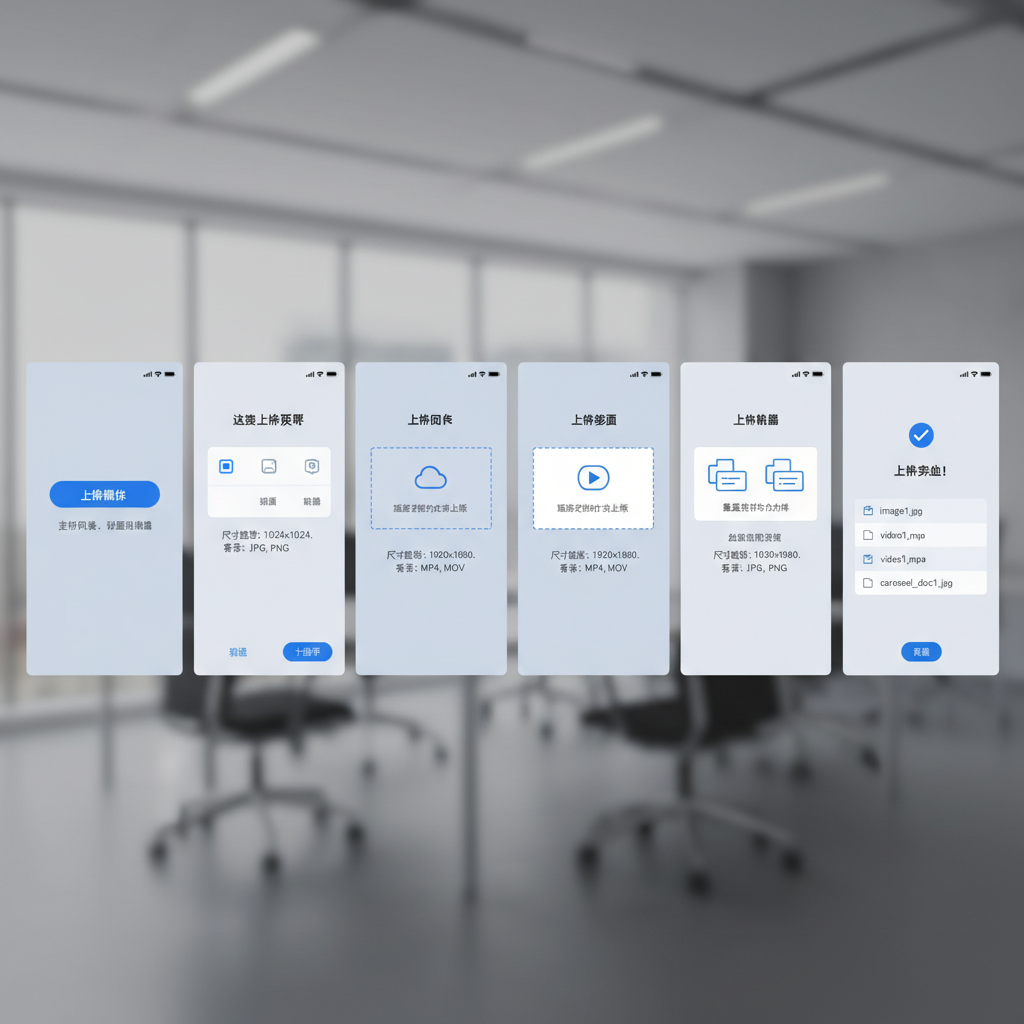
| Content Type | Limit | Details |
|---|---|---|
| Text Post | 3,000 characters | Includes spaces, punctuation, and emojis. |
| Article | ~110,000 characters (~25,000 words) | Headlines: maximum 100 characters. |
| Image Upload | PNG/JPG up to 5 MB | Preferred size: 1200×627 px for posts. |
| Video Upload | Up to 10 minutes, 5 GB max | Minimum 3 seconds; resolution: 256×144 to 4096×2304. |
| Document Upload | Maximum 100 MB | PDF, DOC, PPT formats; 300-page maximum. |
| Carousel (Document Post) | 100 MB / 300 pages | Swipeable PDF carousels ideal for guides. |
| Hashtags | Maximum 30 per post | Use relevant hashtags; avoid stuffing. |
| Comment Length | ~1,250 characters | Concise and value-oriented remarks work best. |
---
Media Upload Guidelines: Images, Video, and Carousel Files
Images
To boost engagement, use crisp, properly formatted visuals. The maximum upload size is 5 MB, and dimensions should match LinkedIn’s recommended 1200×627 px for feed posts.
Video
Native video uploads must be under 10 minutes and 5 GB. For longer content, edit or compress before posting. Aim for strong opening seconds to capture attention.
Carousel Documents
Carousel-style PDF posts are limited to 100 MB or 300 pages. Each slide should deliver one key insight for best retention.
---
Comment and Hashtag Restrictions
Comments allow up to approximately 1,250 characters—enough to add meaningful thoughts without overwhelming readers. For hashtags, the per-post limit is 30, but using 3–5 targeted hashtags can increase discoverability and avoid spam penalties.
---
Why LinkedIn Sets These Posting Rules
LinkedIn implements posting caps and file limits to:
- Prevent Spam – Discourages automated bulk posting or irrelevant content.
- Enhance User Experience – Keeps the feed readable and professional.
- Maintain Platform Efficiency – Large files or excessive posts strain resources.
- Preserve Community Standards – Upholds quality and authenticity.
---
How to Optimize Within LinkedIn’s Post Limits
You can achieve high engagement by:
- Front-Loading Value – Deliver your hook in the first 140 characters to avoid truncation.
- Multi-Format Publishing – Combine text, image, video, and carousel posts throughout the week.
- Formatting for Readability – Use bullets, short paragraphs, and selective emojis.
- Offline Drafting – Write and edit outside LinkedIn to track character counts accurately.
---
Scheduling Best Practices to Avoid Overposting
To stay compliant and consistent:
- Weekly Planning – Schedule 1–2 strong posts daily at most.
- Varying Content Types – Rotate formats to keep followers engaged.
- Audience Timing – Post when your target network is active (morning or midday often works).
- Use Scheduling Tools – Choose tools that respect LinkedIn’s limits.
---
Frequent Pitfalls That Can Trigger Restrictions
Steer clear of:
- Hashtag Overuse – Maxing out 30 hashtags regularly dilutes relevance.
- Duplicate Content – Reposting identical text in short intervals.
- Ignoring Media Guidelines – Attempting uploads beyond file size or duration limits.
- Posting Too Frequently – Overposting leads to temporary suspensions.
- Excess External Linking – May lower post visibility in the feed.
---
Recommended Tools to Track Limits and Performance
| Tool | Key Features | Benefits |
|---|---|---|
| Buffer | Scheduling & analytics | Spaces posts evenly; tracks reach and engagement |
| Hootsuite | Multi-platform control | Manages limits cross-platform; tracks performance |
| Shield Analytics | Content metrics dashboard | Provides insights on post reach, comments, likes |
| Sprout Social | Advanced scheduling | Balances posting frequency and format variety |
---
Trends That Could Influence Future LinkedIn Post Limits
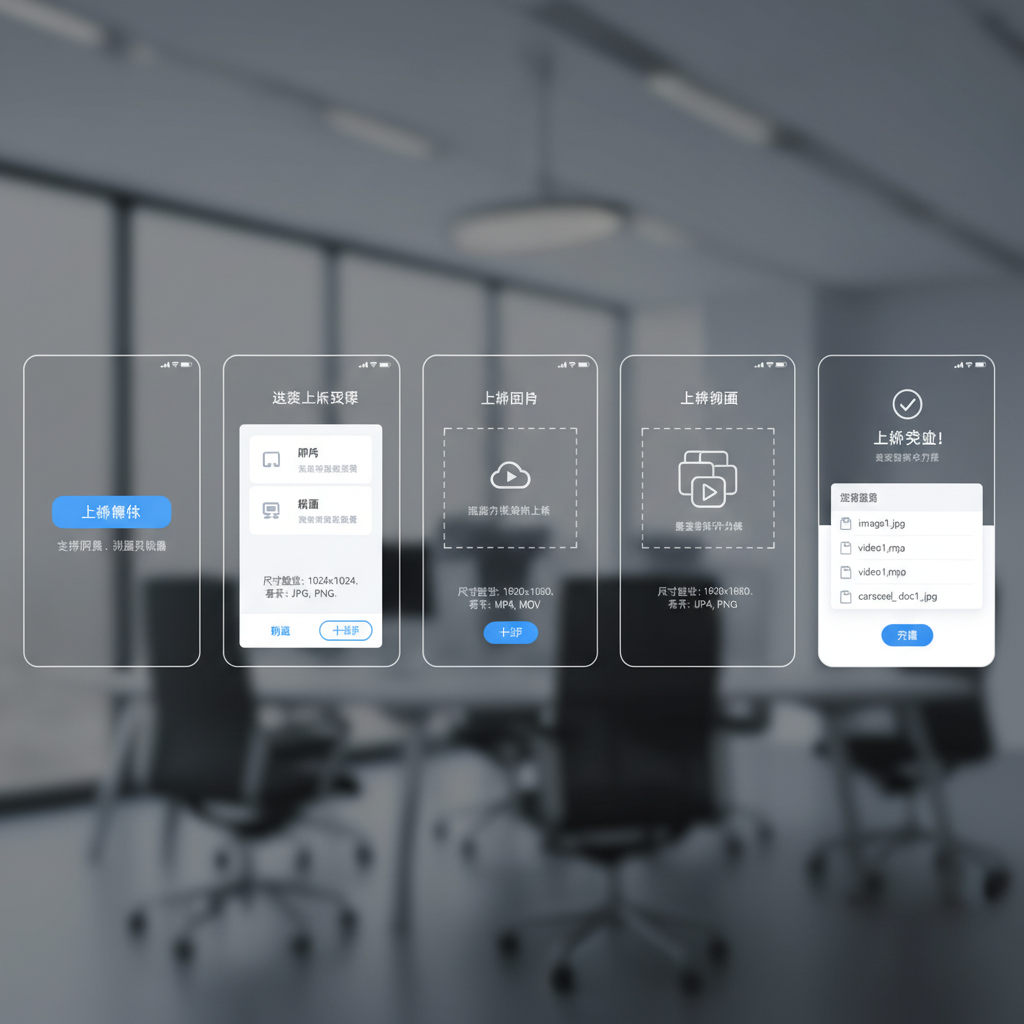
LinkedIn is likely to evolve features and restrictions, including:
- Longer Video Support – For virtual events and webinars.
- Interactive Carousel Documents – Adding polls or clickable links.
- AI-Guided Hashtags – Suggesting relevant topics.
- Extended Post Lengths – Especially for verified members.
Marketers should track updates closely to adjust content strategy quickly.
---
Conclusion — Make LinkedIn’s Post Limits Work for You
Mastering LinkedIn post limits ensures you stay within guidelines while maximizing reach. Treat these boundaries as creative prompts: refine your message, test different formats, and schedule strategically. By respecting limits, you’ll maintain professional credibility, avoid penalties, and improve visibility in the feed.
Boost your presence now—review your posting habits, adjust for compliance, and watch your LinkedIn engagement grow.

